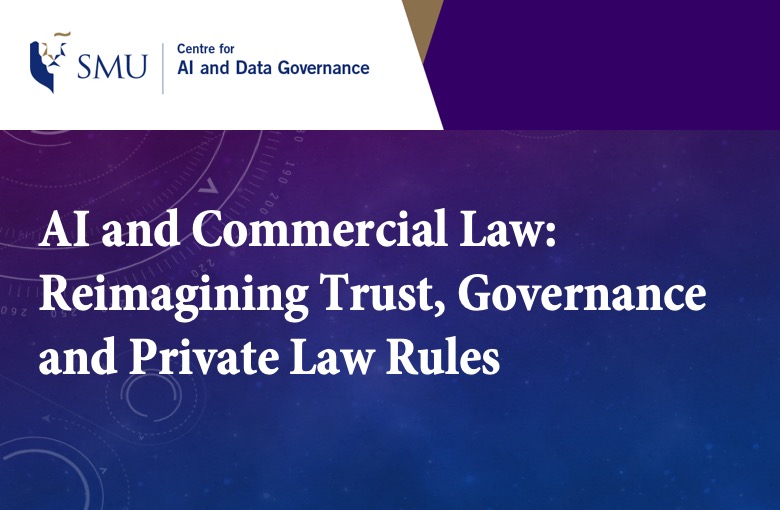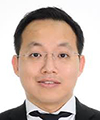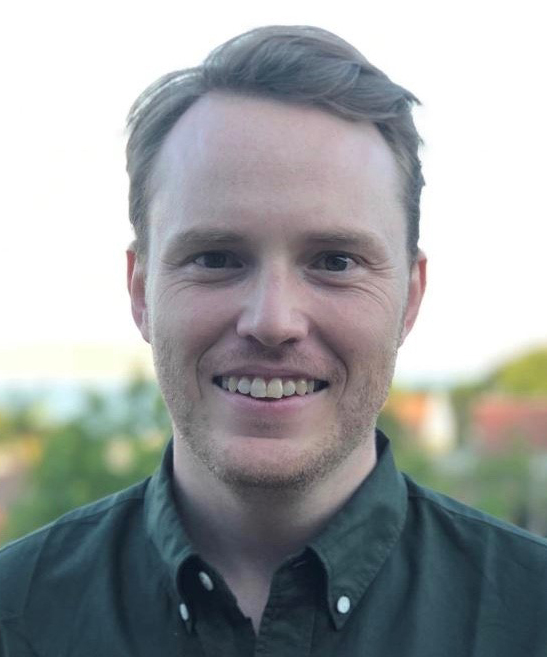|

Urs Gasser
Professor and Executive Director
Berkman Klein Center for Internet and Society, Harvard University
|
|
Dr. Urs Gasser is the Executive Director of the Berkman Klein Center for Internet & Society at Harvard University and a Professor of Practice at Harvard Law School. His research and teaching activities focus on information law, policy, and society issues and the changing role of academia in the digitally networked age.
Current projects – several involving the Global Network of Internet & Society Centers, which he helped to incubate – focus on the governance of evolving and emerging technologies such as Cloud Computing, the Internet of Things, Augmented Reality, and Artificial Intelligence, with a particular interest in privacy and security issues and the broader implications of these technologies, including questions of agency and autonomy. As a longer-term research interest, he studies the patterns of interaction between law and innovation, and innovation with the legal system in the digital age.
Dr. Gasser has written and edited several books on digital technology issues, and published over 100 articles in professional journals. He is the co-author of “Born Digital: Understanding the First Generation of Digital Natives” (Basic Books, 2008 and 2016, with John Palfrey), which has been translated into 10 languages (including Chinese), co-author of “Interop: The Promise and Perils of Highly Interconnected Systems” (Basic Books, 2012, with John Palfrey), and author of a forthcoming book on the future of digital privacy. Recent book publications include Remembering and Forgetting in the Digital Age (Springer, 2018, Co-Editor) and Big Data, Health Law, and Bioethics (Cambridge University Press, 2018, Co-Editor). Additional information about his research can be found on his SSRN author page.
In addition to his appointments at Harvard, Dr. Gasser has had visiting professorships at the Singapore Management University School of Law, the University of Zurich Faculty of Law, KEIO University (Japan) and the University of St. Gallen (Switzerland), and taught at Fudan University School of Management (China). He serves as a trustee on the boards of the Digital Asia Hub, and the Research Center for Information Law at the University of St. Gallen. He was formerly a member of the International Advisory Board of the Alexander von Humboldt Institute for Internet and Society in Berlin, a trustee of the NEXA Center for Internet & Society at the Polytechnic of Turin, a Fellow at the Gruter Institute for Law and Behavioral Research, and served as a Senior Advisor to the World Economic Forum’s Future of the Internet Initiative, where he currently is a Member of the Global Future Council on New Metrics. He currently also serves as a member of the German Digital Council, appointed by Angela Merkel.
Dr. Gasser graduated from the University of St. Gallen (lic.iur., Dr.iur.) as well as Harvard Law School (LL.M. ‘03) and received several academic awards and prizes for his research, including Harvard’s Landon H. Gammon Fellowship for academic excellence and the “Walther Hug-Preis Schweiz,” a prize for the best doctoral thesis in law nationwide, among others. Before returning to the Berkman Klein Center as Executive Director in 2009, he was an Associate Professor of Law at the University of St. Gallen, where he led the Research Center for Information Law as Faculty Director. Prior to his St. Gallen appointment, he spent three years as a resident fellow at the Berkman Klein Center, where he was later appointed Faculty Fellow. He also initiated and chaired the Harvard-Yale-Cyberscholar Working Group, and was a visiting researcher at Harvard Law School.
Dr. Gasser frequently acts as a commentator on digital technology, policy, and society issues for the US and European media.
|








